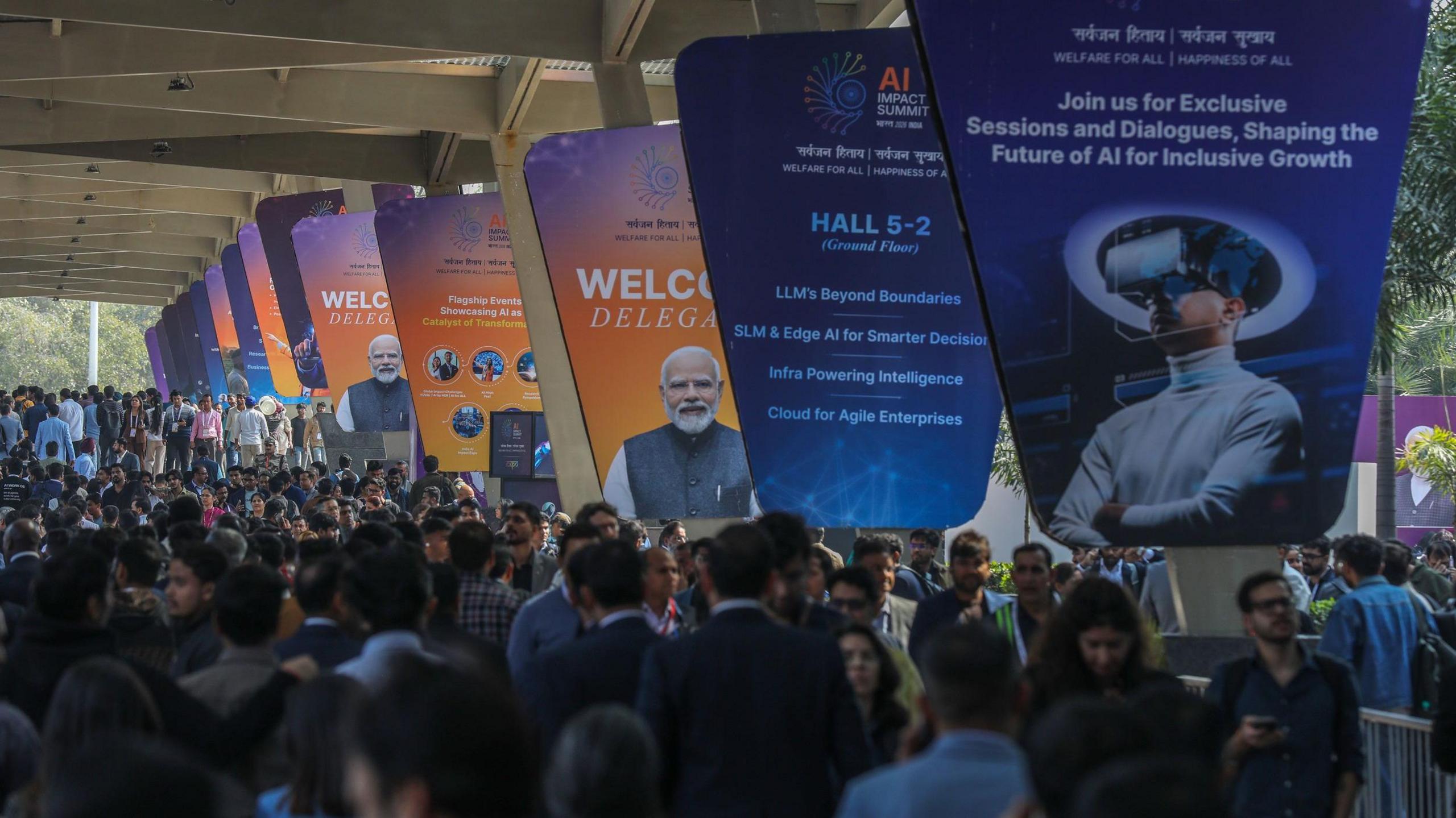Every year, 11 million metric tons of plastic waste enters the world’s oceans and waterways.
The growing crisis of plastic pollution endangers natural ecosystems, threatens local economies, and is potentially harmful to human health. In response, the United States and India have joined forces to combat plastic pollution, demonstrating the international cooperation essential to addressing this urgent problem.
At the heart of this collaboration is Innovations for Reducing Plastics for a Cleaner Environment in India (inREPLACE), a groundbreaking initiative launched by the U.S. Agency for International Development (USAID) in partnership with the government of India.
Supported by an initial $11.25 million investment, the program aims to reduce plastic waste by:
- Working with local governments to improve solid waste management policies, planning, infrastructure and services, as well as helping them create and carry out plastic reduction action plans
- Finding better ways to deal with plastic from start to finish — how it’s made, used and disposed of — by encouraging new ideas to reduce waste, reuse materials and recycle plastic instead of just throwing it away
- Partnering with the private sector to invest in recycling and plastic-alternative innovations
- Supporting informal waste workers — many of whom are women — by integrating them into the formal economy, providing social protections, fair wages and government recognition.
InREPLACE is the largest country-specific effort under the U.S. Save Our Seas Initiative , which works in more than 30 cities across more than 10 countries to reduce plastic pollution. These efforts have prevented approximately 1.2 million metric tons of plastic — the equivalent to 127 billion plastic bottles — from entering the environment.
“This program will work hand in hand with local governments to develop and implement plastic reduction action plans,” said USAID Administrator Samantha Power, speaking on Earth Day.
“The program will also partner with the private sector to “invest in recycling and plastic-alternative innovations and promote sustained behaviour change in schools to reduce plastic use and plastic waste.” The inREPLACE program is being implemented across various regions in India, including coastal cities, riverine areas and islands, where the impact of plastic pollution is most pronounced.
The program enhances waste management policies, infrastructure and services, as well as promoting innovations that address the lifecycle impact of plastics. The U.S. government has also launched two new, complementary global partnerships to tackle ocean plastic pollution.
The CIRCLE Alliance (Catalyzing Inclusive, Resilient, and Circular Local Economies), which operates in India, Indonesia, Vietnam and the Philippines is a collaboration between USAID and the private sector. Launched with an initial investment of $21 million, the CIRCLE Alliance focuses on supporting entrepreneurs and small businesses across the plastics value chain in India and other countries in Asia.
CIRCLE aims to reduce plastic use, tackle plastic waste and build thriving reusable economies by empowering female entrepreneurs and waste collectors. By finding successful business models and scaling them up, the U.S. and India can lead the way in addressing plastic pollution.
The U.S. Department of State’s End Plastic Pollution International Collaborative (EPPIC ) has partnered with international organizations and non-profits to drive commitments, solutions, innovations, and investments to reduce plastic use, promote recycling, and fight plastic pollution. Its initiatives include: a small-grants program to support local organizations, coordination of donor resources for better efficiency, and an innovation prize to encourage new technologies.
EPPIC will initially focus on Latin America, Africa, and Small Island Developing States, with plans for global expansion. Together, these programs will help mitigate plastic pollution by bringing together partner governments, the private sector, non-profits, research communities, and others to help solve this global challenge.
The efforts in India are part of international actions to tackle this global problem, and U.S.-India efforts serve as a model for other nations. “Communities across the United States and around the world are facing a plastic pollution crisis,” the White House said at the launch of its official strategy [PDF, 1MB], Mobilizing Federal Action on Plastic Pollution: Progress, Principles, and Priorities.
The United States is working “to end plastic pollution and is working with the global community to do the same,” the White House said.











